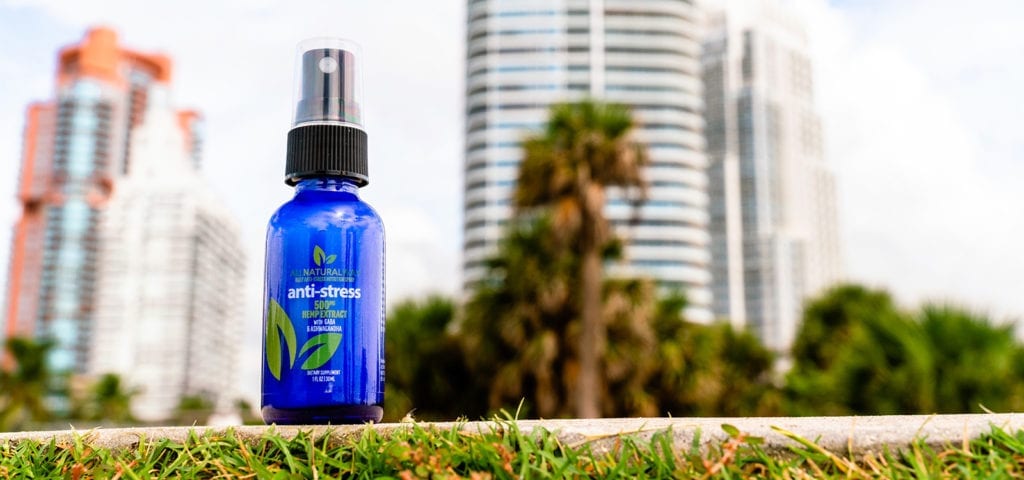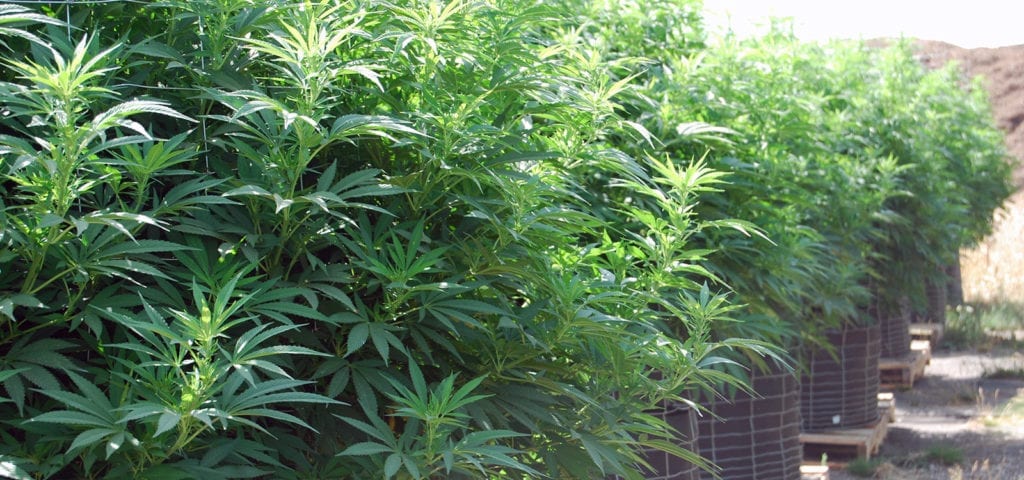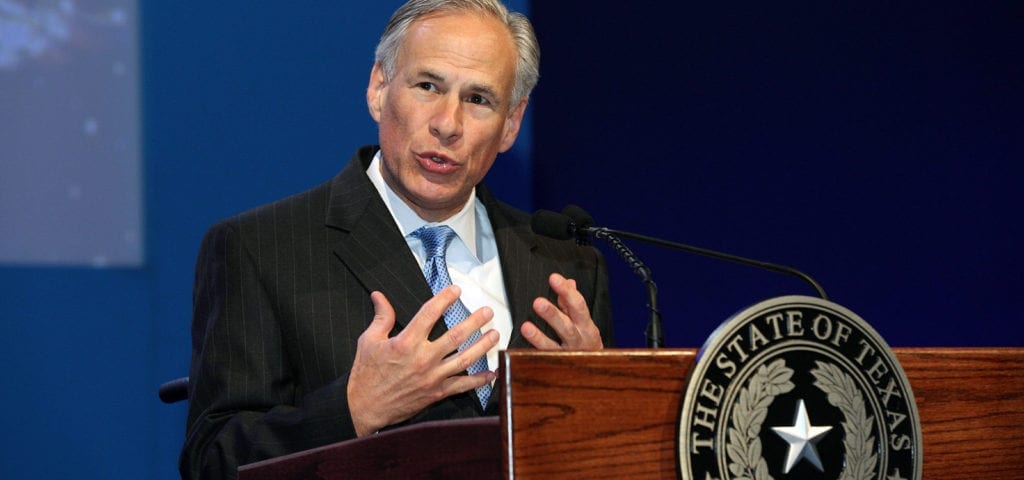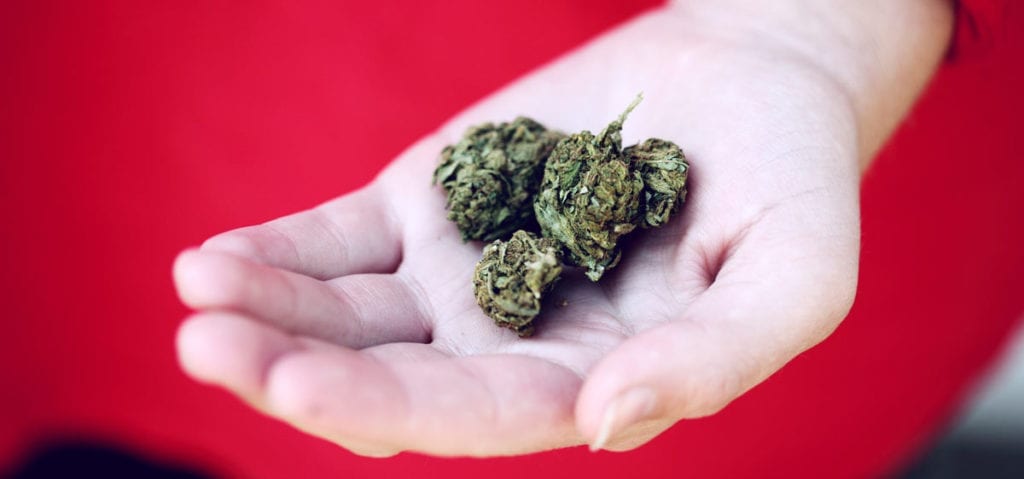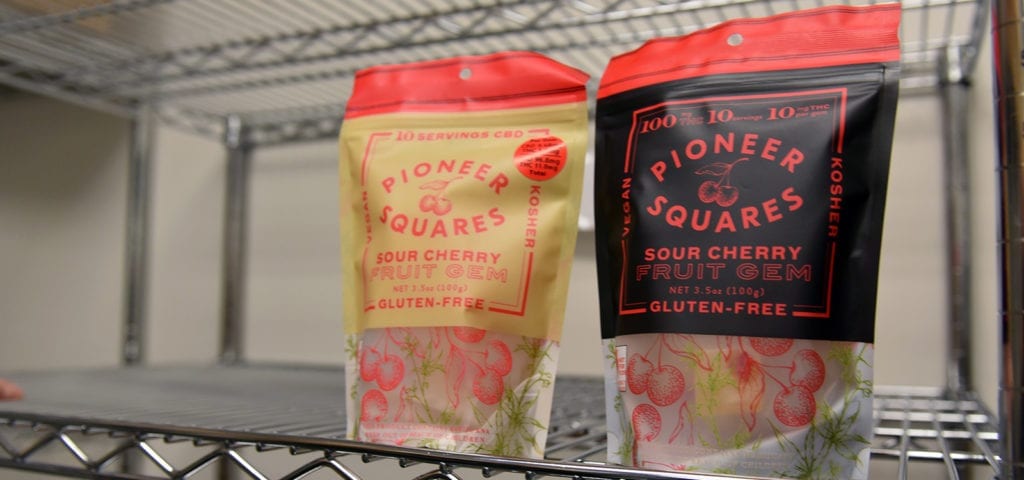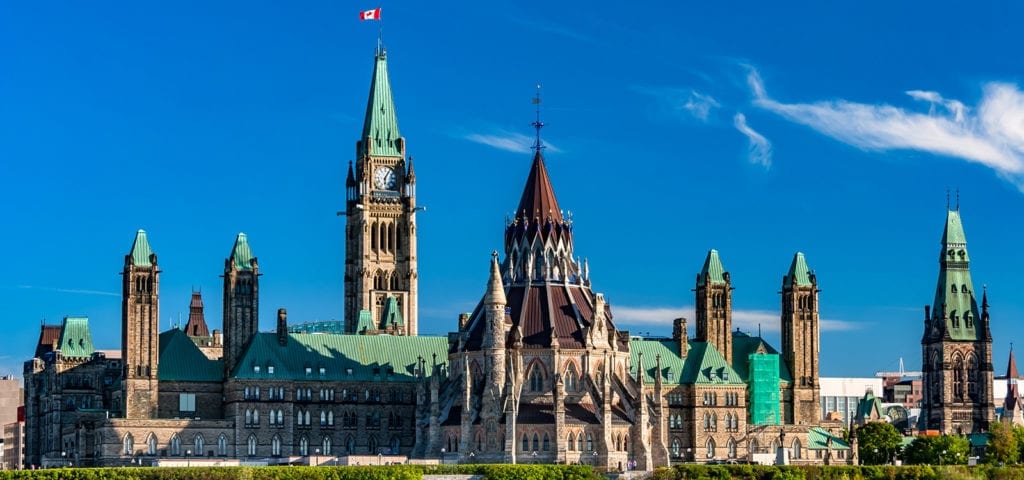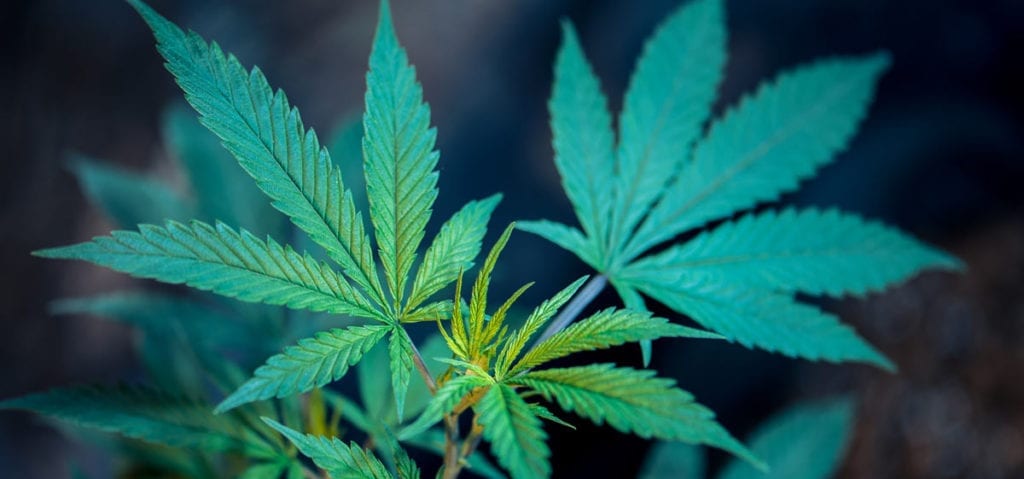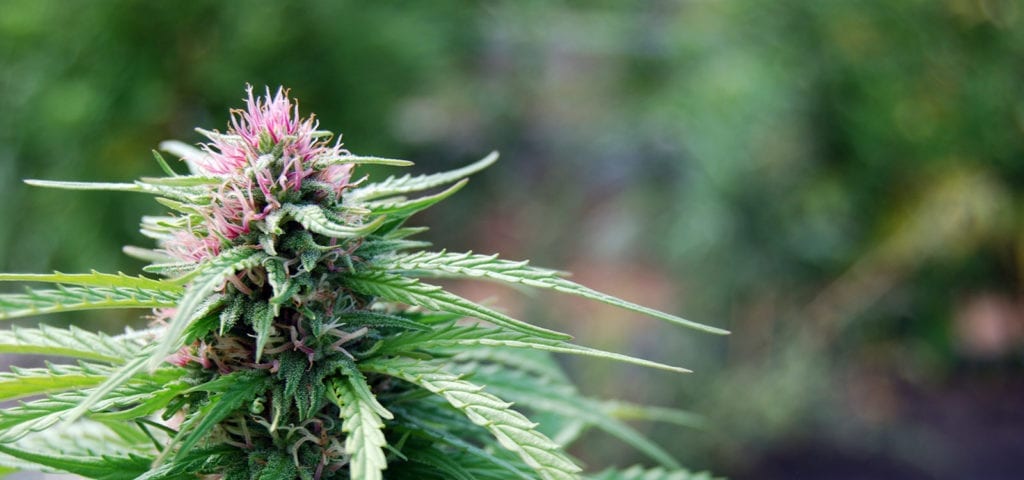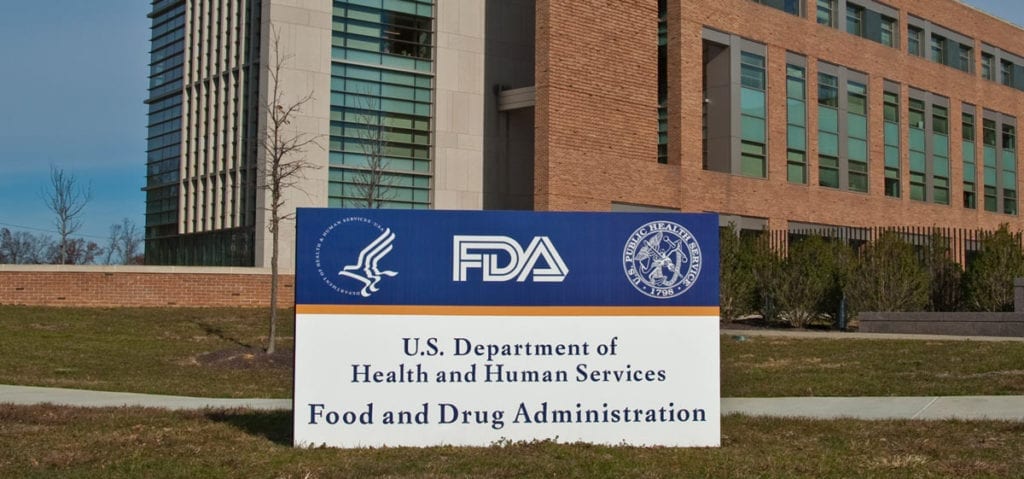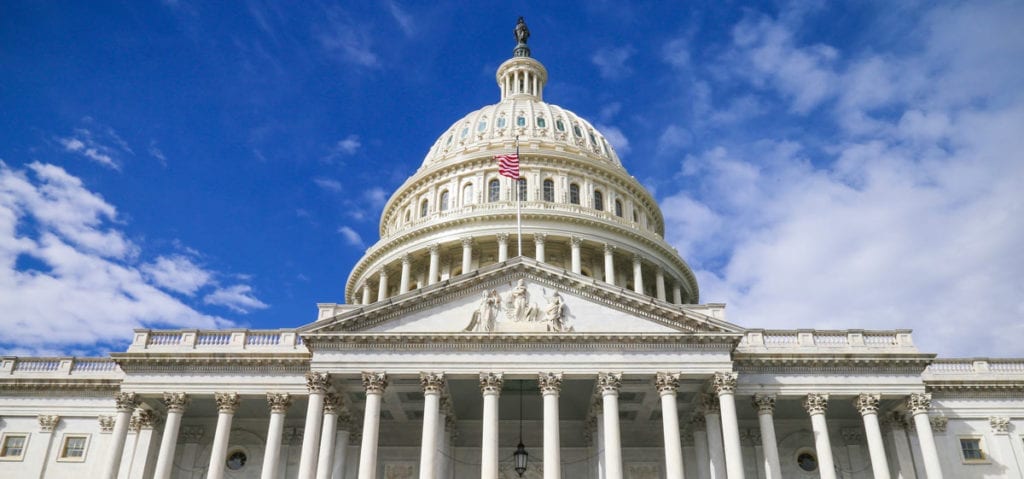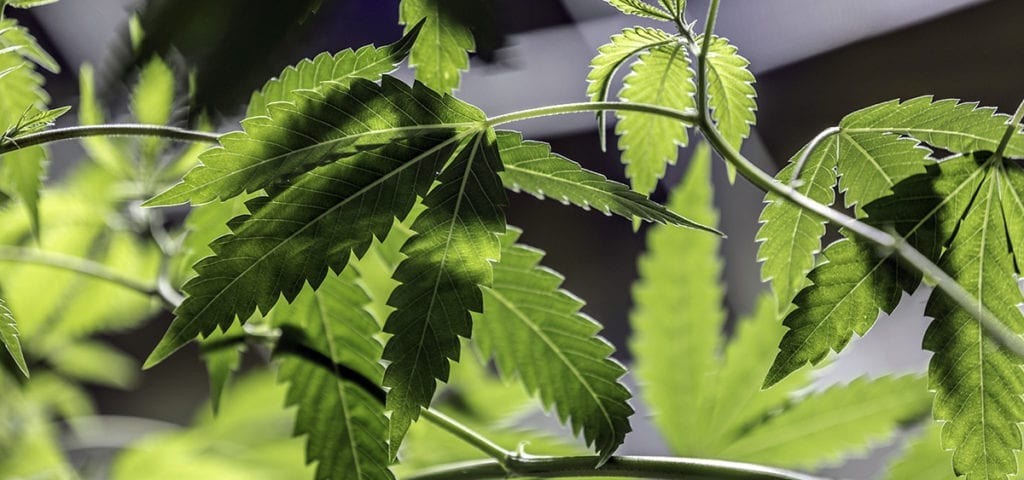Even the National Academy of Sciences cannot find enough cannabis studies to determine whether marijuana has therapeutic benefits for sleep disorders.
In an analysis of 10,000 studies on cannabis, the society confirmed that there is “moderate evidence” that marijuana is effective for short-term treatment of sleep disturbances due to chronic conditions, such as sleep apnea and multiple sclerosis. More conclusive evidence exists to demonstrate the therapeutic benefits of cannabis on chronic pain. However, if the average person can improve their sleep quality using marijuana-derived medications, it has still not been demonstrated by science.
Limitations on marijuana research, namely its classification as a Schedule 1 drug by the DEA, inhibit the scope of the studies that can be completed. A small study completed by researchers at the University of Illinois at Chicago looked at the effects of THC, or tetrahydrocannabinol, on 73 adults with sleep apnea. While the study demonstrated that THC shows promise as a short-term treatment for the symptoms of sleep apnea, the small study size has limitations. It only examines the use of a specific cannabinoid, THC, for a particular condition, sleep apnea.
“Cannabis contains dozens of active ingredients, but we tested just purified Delta-9 THC,” said study co-lead David Carley.
This statement implies that there are much more possible “active ingredients” in cannabis that have not been examined thoroughly by the scientific community. While some researchers are looking into the use of CBD oil as a treatment for insomnia and other sleep disorders, other potential active ingredients within cannabis still need more scientific attention.
When a cannabis-derived drug is approved for clinical trials or receives regulatory approval, the amount of knowledge about the effects dramatically increases. Sativex, a cannabis-derived drug that has a 1:1 ratio of THC to CBD, has regulatory approval in 30 countries for the treatment of muscle spasms and chronic pain.
The drug is still in clinical trials in the United States. However, even clinical trials give researchers access to more patients. Researchers that complete larger studies are often better able to back their claims. With a patient size of 1000 and over 2000 patient-years of analysis, researchers can claim that Sativex improves sleep quality in 40-50% of people who have chronic pain conditions. In these trials, there is only one drug examined, but it’s analyzed for many different issues.
Since Sativex is available in some countries, researchers can examine its effects on other conditions, such as rheumatoid arthritis. A UK team administered the drug as a treatment for arthritis pain and had promising results.
Dr. Ronald Jubb, Consultant Rheumatologist, at the University Hospital Birmingham NHS Foundation Trust, said, “the results from the first controlled study of CBM in rheumatoid arthritis are encouraging, overall improvements in pain on movement and at rest, improvement in the quality of sleep and improvement in the overall condition of the patients’ arthritis.”
It’s studies like these that allow the National Academy of Sciences to say there is “conclusive evidence” that cannabis treats pain. There’s a drug available that can be readily studied outside the US.
Conversely, the team studying sleep apnea is working more slowly due to their limitations. They’ve progressed from seventeen study subjects to 73, but it’s taken years.
To truly understand what effects cannabis can have on sleep disorders like sleep apnea, more studies are needed. If the researched cannabinoid for sleep apnea (THC) was as available as Sativex is in Europe, research might accelerate, and a new treatment for sleep apnea might be available soon.

